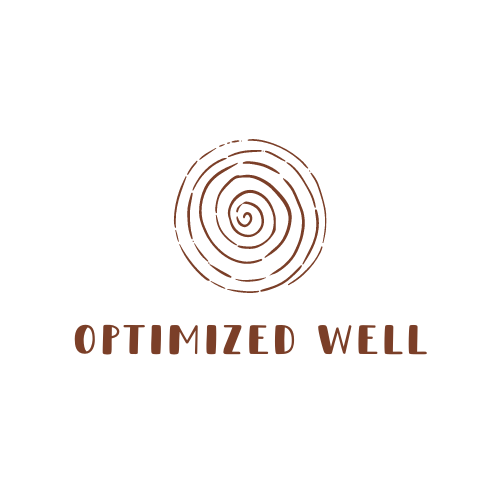Brands We Love

The Science of Stress Relief: How Proper Relaxation Can Boost Your Mental Health
Stress affects both the mind and body, often showing up as anxiety, fatigue, tension, or irritability. When stress becomes constant, it can interfere with concentration, decision-making, and even physical health. The good news is that proper relaxation techniques can counteract these effects and help the body return to a balanced state.
The Science Behind Stress and Relaxation
When the body encounters stress, it activates the "fight or flight" response. This triggers the release of stress hormones like cortisol and adrenaline, increasing heart rate, blood pressure, and alertness. While this response is helpful in emergencies, prolonged activation can harm the body and brain.
Relaxation techniques help regulate these stress responses. Activities such as deep breathing, progressive muscle relaxation, meditation, or even light physical activity signal the nervous system to slow down, reducing cortisol levels and calming the mind. Studies show that regular relaxation can improve mood, support cognitive function, and even enhance immune system performance.
Effective Methods to Reduce Stress
Deep Breathing:Slow, intentional breaths activate the parasympathetic nervous system, which helps the body relax. Techniques like diaphragmatic breathing can be practiced anywhere and require no equipment.
Mindful Movement:Gentle exercises such as yoga, stretching, or tai chi not only improve flexibility but also lower stress hormones and improve mental clarity.
Physical Fitness:Regular exercise releases endorphins, which are natural mood boosters. Simple routines using home fitness equipment, such as resistance bands, dumbbells, or stationary bikes, can provide a structured outlet for stress relief. For those looking for quality equipment, check out White Lion Athletics.
Meditation and Mindfulness:Focusing on the present moment helps break the cycle of stress-induced thoughts. Guided meditation apps or quiet reflection sessions can reduce anxiety and improve overall emotional regulation.
Hobbies and Creative Outlets:Engaging in activities like painting, writing, or gardening diverts attention from stressors and provides mental relaxation.
Integrating Relaxation Into Daily Life
Consistency is key. Short, daily relaxation practices can have a cumulative effect, helping the body handle stress more efficiently. Even a 10-minute mindfulness session or a quick set of stretches can improve mood and mental clarity. Pairing these practices with light physical activity can amplify benefits, supporting both mental and physical health.
Stress management is not about avoiding challenges but responding to them with clarity and calm. By understanding the science of relaxation and implementing simple techniques, stress can become more manageable, and mental health can improve significantly.
For those looking to enhance physical activity at home, having reliable equipment makes it easier to stick with routines. Explore a range of products designed to support your fitness goals at White Lion Athletics.
One or more of the links above are affiliate links, meaning, at no additional cost to you, we will earn a slight commission if you click through and make a purchase. Each of these products is chosen by a trusted member of our team.

© 2024 Optimized Well | Terms of Service
